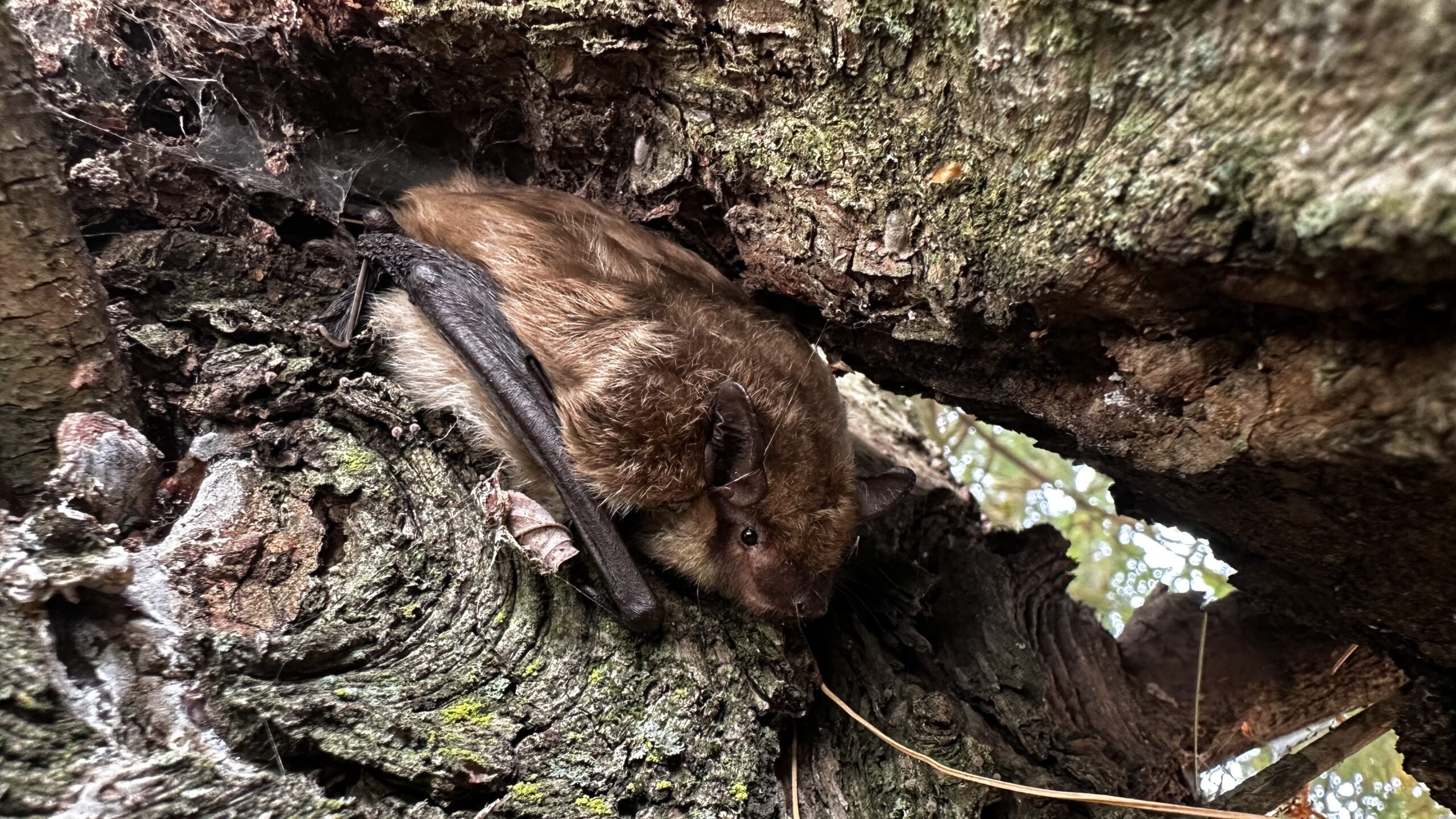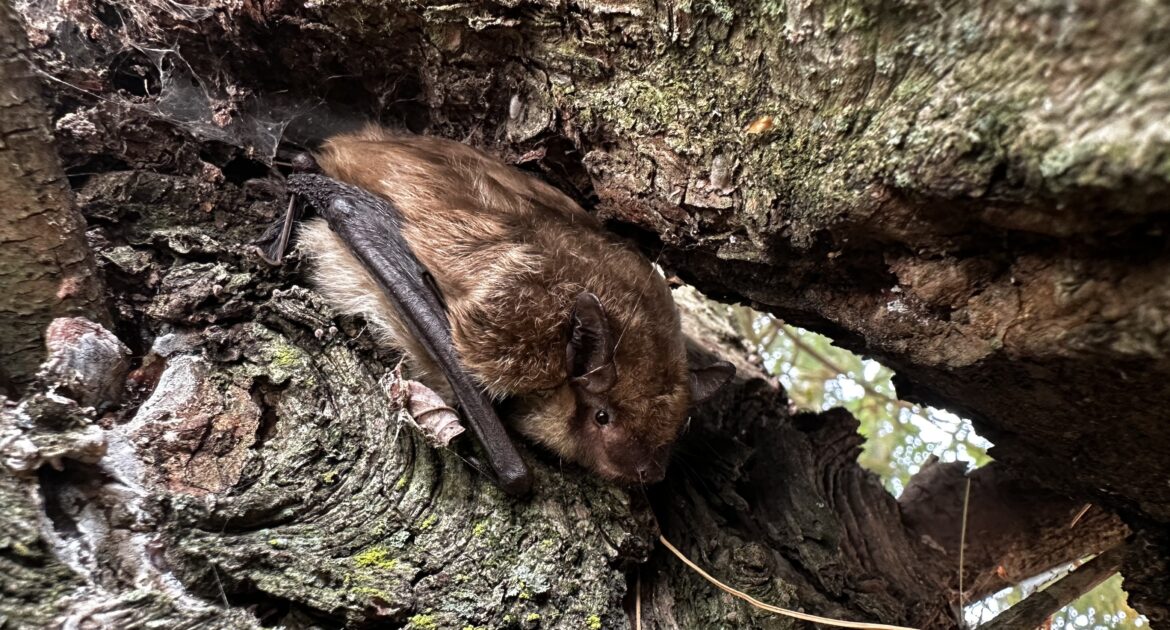Bats may look small and harmless, but being bitten by one is no small matter. These creatures are known carriers of dangerous diseases, and their bites can lead to serious health issues for humans. For residents in Thornhill, understanding the risks associated with bat bites is crucial, as the health concerns extend far beyond a simple nip. Bat bite health risks include rabies, infections, and even allergic reactions. The dangers of bat bites are not to be underestimated, as they have the potential to impact your health long-term.
One of the biggest bat bite rabies concerns is how rapidly this disease can spread if treatment isn’t sought quickly. Rabies is often fatal once symptoms appear, making early detection absolutely vital. Beyond rabies, bat bites can introduce harmful bacteria into your body, putting you at risk for infections.
If you’ve been bitten or suspect close contact with a bat, it’s important to act fast. Thornhill residents should rely on professional wildlife removal services, like us at Skedaddle Humane Wildlife Control, to handle bat-related situations. Removal done right not only protects your health but also prevents bats from returning, thanks to Skedaddle’s effective one-way doors.
Now, let’s examine the potential health dangers that a bat bite could bring into your life.
Rabies: A Silent and Dangerous Threat
Rabies is the risk most commonly linked to bat bites. Bats are one of the primary carriers of the rabies virus in North America. You might not even notice you’ve been bitten since bat bites are often small and painless. That’s why bat bite rabies concerns should never be ignored; the virus can enter your system without you realizing it.
Rabies affects the central nervous system and, once symptoms begin, is almost always fatal. These symptoms can include:
- Fever and headaches
- Muscle spasms
- Confusion or unusual behaviour
- Paralysis
Fortunately, rabies can be prevented if treated immediately. If you’ve had direct contact with a bat or notice a bite mark, seek medical attention at once. A series of post-exposure rabies vaccinations can stop the virus in its tracks. Don’t gamble with something as serious as rabies. Always call in professionals to assess and remove these animals safely.
Bacterial and Fungal Infections
Another major bat bite health risk is the potential for bacterial and fungal infections. Like many animals, these animals carry bacteria in their saliva that can enter your body through a bite wound. If left untreated, these wounds can become infected and lead to complications such as swelling, redness, pain, or even more serious health issues like sepsis.
One particularly concerning bacteria is Clostridium tetani, which causes tetanus. This condition can lead to stiffness, muscle spasms, and difficulty swallowing. Keep in mind, even a small bite can pose significant health risks if not cleaned and treated properly.
Fungal infections are another concern. Though not typically transmitted by a bite, bats and their droppings can carry fungal spores, such as those that cause histoplasmosis. This disease primarily affects the lungs and can trigger severe health issues if inhaled. Again, proper removal and cleaning by our professionals at Skedaddle Humane Wildlife Control is essential to prevent health risks.
Allergic Reactions and Sensitivities
Some people experience allergic reactions to bat bites or contact with their saliva. This could range from mild itching to more severe reactions like swelling or difficulty breathing. Allergies aren’t always immediate, so if you’ve been bitten or exposed to a bat, monitor your body closely and seek medical care if any unusual symptoms arise.
Bat droppings, or guano, can also cause allergies in sensitive individuals. Breathing in particles from disturbed droppings could lead to respiratory distress or other allergic reactions. Once again, these risks underline the importance of professionals safely removing bats from your home.
Psychological Stress and Anxiety
Battling a bat bite isn’t just about physical health. Many people experience significant anxiety and stress from close encounters with bats. The dangers of bat bites aren’t limited to worrying about infections or potential diseases like rabies but also the emotional toll it takes. After a bite, you might find yourself overwhelmed by fear of the unknown. Questions like, “Did I really get bitten?” or “Have I been exposed to something serious?” can replay in your mind, adding to the mental distress. Waiting for test results or going through a rabies treatment plan only heightens this uncertainty.
For families in Thornhill, this anxiety can affect everyone. Parents may panic about children’s safety, especially if a bat is found in their bedroom or play area. Even without a bite, the presence of these animals in your home can be a source of constant stress. The noise of bats in walls or attics, combined with concerns about droppings and hygiene, can prevent you from feeling safe and secure in your own home.
Bats in the Home Can Escalate the Risk
It’s important to recognize that the presence of bats in or around your Thornhill home increases exposure to bat bite health risks. Most bats don’t attack unless provoked or trapped, but even accidental contact can lead to a bite. For instance, a bat might hide in clothes, bedding, or small spaces where it feels cornered.
Allowing professionals to assess and manage a bat problem is the safest choice. We at Skedaddle Humane Wildlife Control use humane techniques, such as their one-way doors, to allow bats to leave without re-entering your home. This approach ensures your family stays safe and your home remains wildlife-free.
Warning Signs You Shouldn’t Ignore
How can you tell if you or someone in your home has been bitten by a bat? Because their teeth are so small and bites can be hard to see, it’s critical to evaluate any close encounters with bats carefully. Here are some situations to watch for:
- Finding a bat indoors, especially in bedrooms or near children
- Contact with a bat, whether you were scratched or bitten
- Waking up to find a bat nearby
If any of these occur, assume the worst and get medical advice as soon as possible. You can never be too cautious when it comes to potential exposure.
Preventing Future Bat Bites
The best way to avoid bat bite health risks is to make sure bats don’t gain access to your home in the first place. Check for gaps or small openings around windows, vents, and roofing where bats could enter. Regular maintenance and inspections around your home are vital for preventing problems.
However, if bats do find their way inside, don’t try to handle the issue on your own. Professional wildlife control is key. We at Skedaddle Humane Wildlife Control not only remove bats safely but also use solutions like one-way doors to safeguard your home from re-entry.
Act Now to Protect Yourself
Protecting yourself and your loved ones from the dangers of bat bites starts with knowledge and action. Whether it’s the bat bite rabies concerns, bacterial infections, or allergic reactions, these health risks are serious and should never be ignored. If bats have made their way into your Thornhill home, the team at Skedaddle Humane Wildlife Control is here to help. Their experience and humane removal methods will ensure your safety and peace of mind.
If you’re worried about bat bite health risks, don’t wait. Request an estimate from us today. Their professionals will protect your home while keeping you and your family safe from harm.




